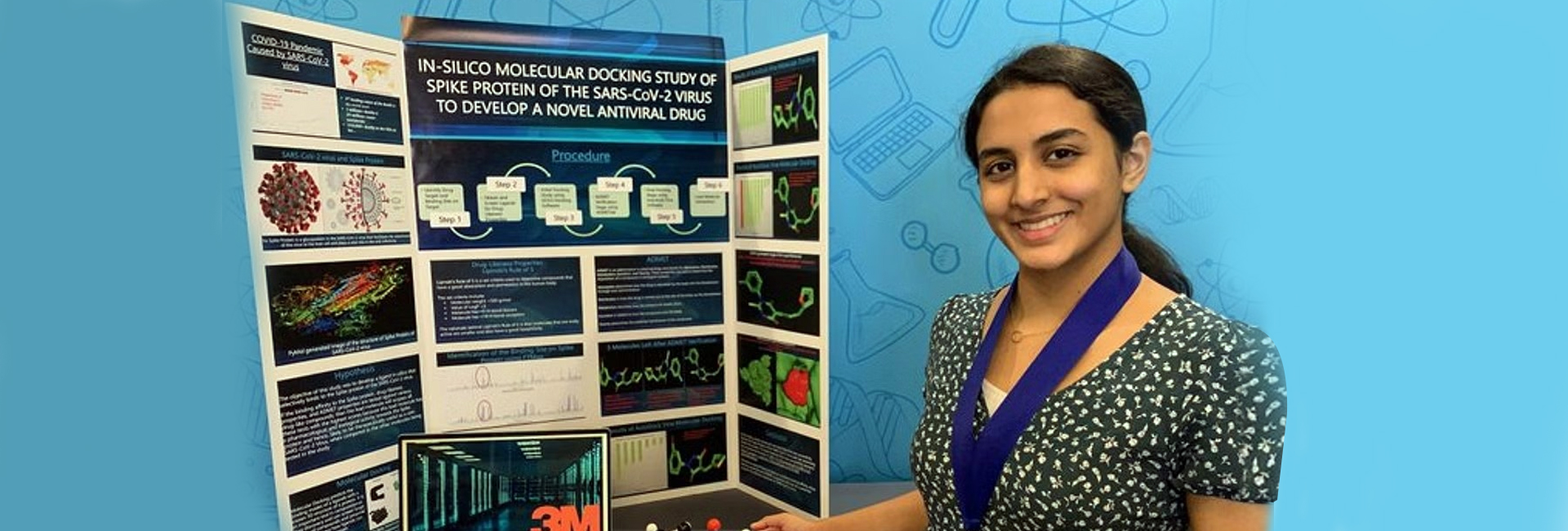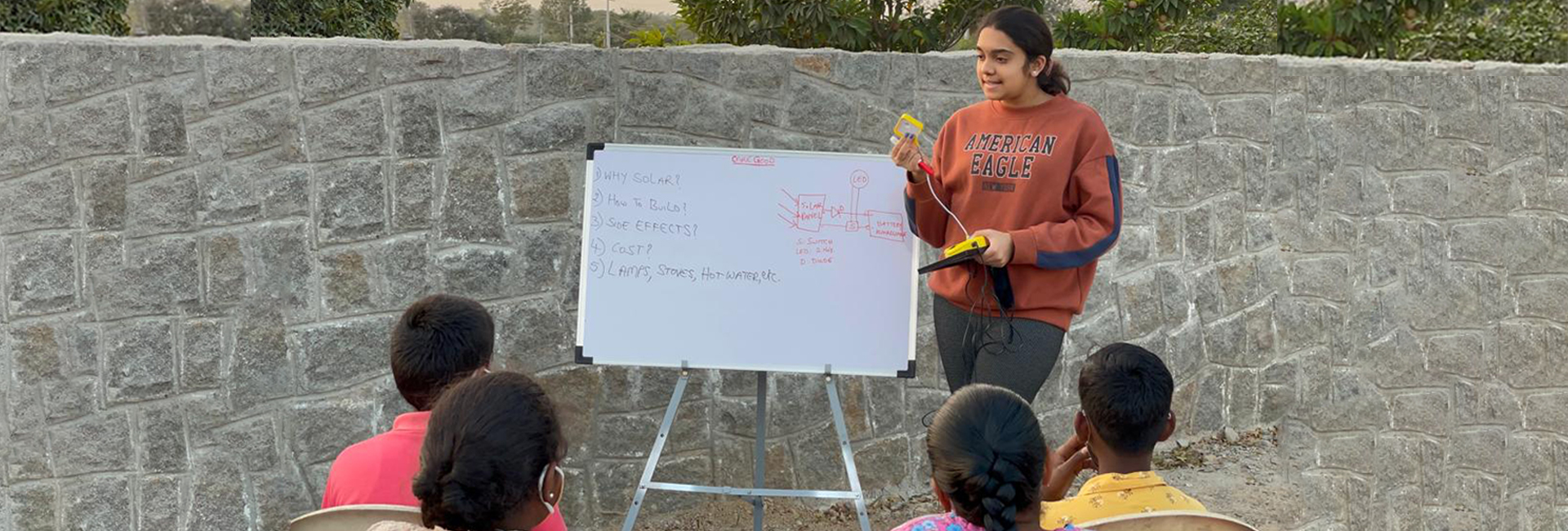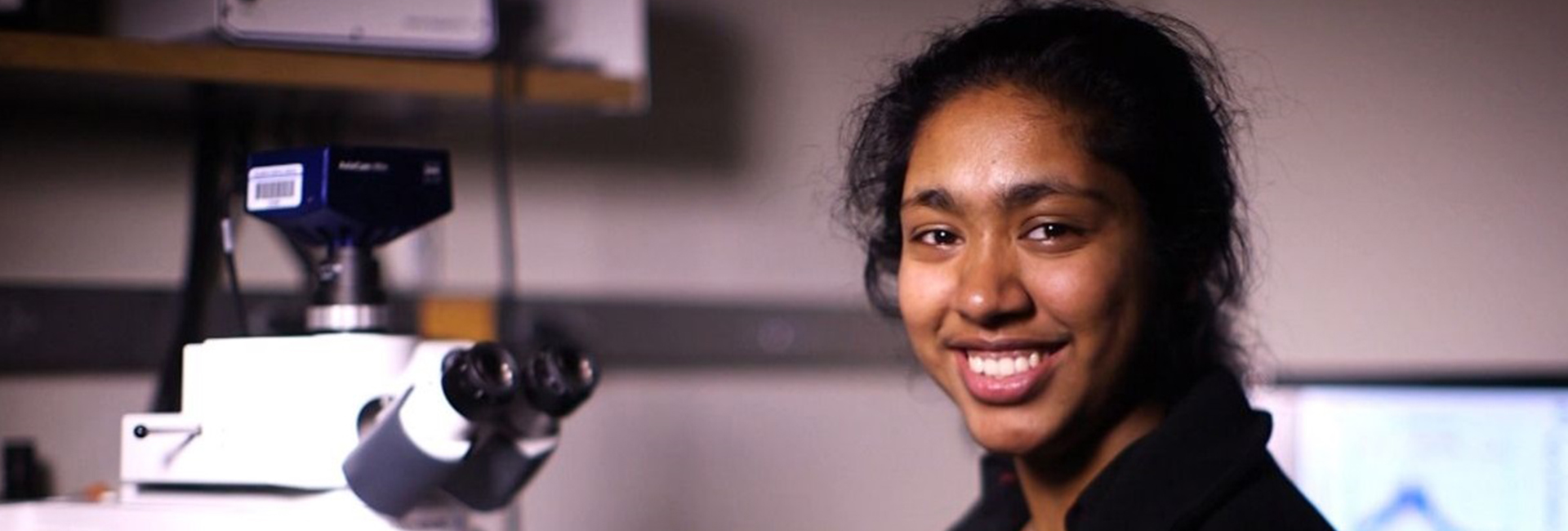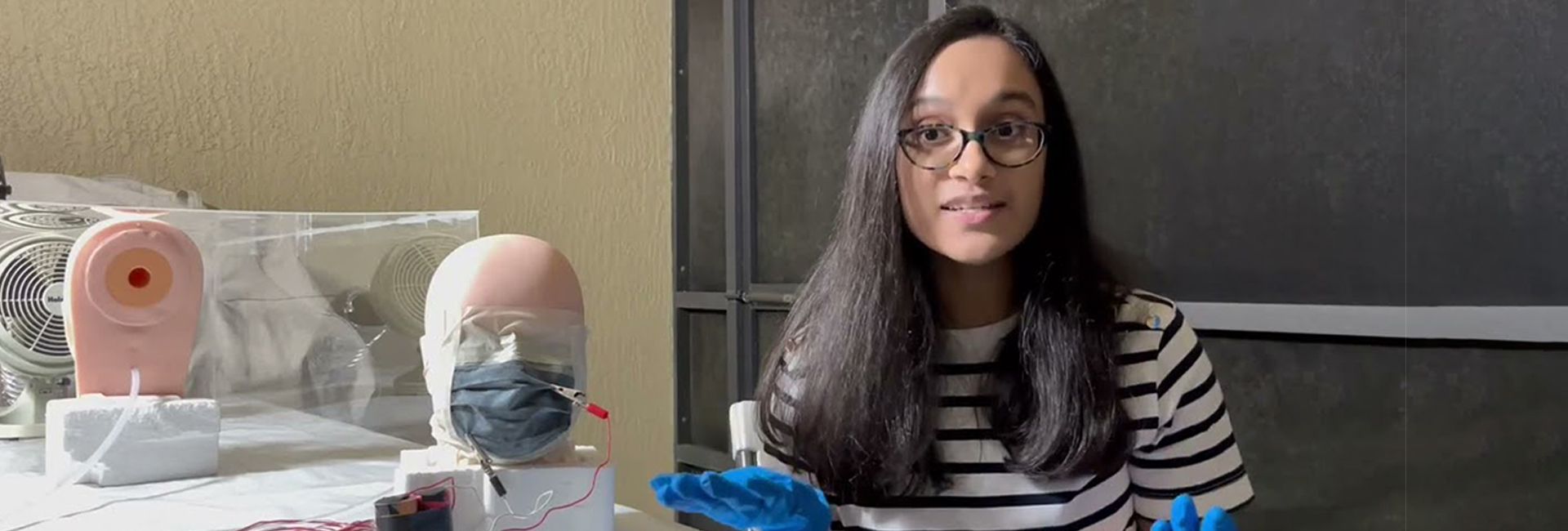(February 19, 2023) For someone who found her inspiration in Marie Curie, Texas-based Anika Chebrolu was always interested in science. It was in fifth grade that she first learnt about the 1918 Spanish flu pandemic, and it made her interested in “drug discovery, viruses, and pandemics” at a very young age. All of 10, she started doing extensive research and found about the in-silico methodology for drug discovery. “I was amazed at how we can use computational methods like software and databases to find potential anti-virals against viruses and diseases. That’s when I decided to combine my knowledge of influenza virus and the in-silico method for drug discovery to find a potential anti-viral against the virus,” the Indian American told Forbes, a few months after winning the 2020 3M Young Scientist Challenge for her work using the in-silico methodology for drug discovery to find a molecule that can selectively bind to the Spike protein of SARS-CoV-2 virus in an attempt to find a cure for the coronavirus pandemic.
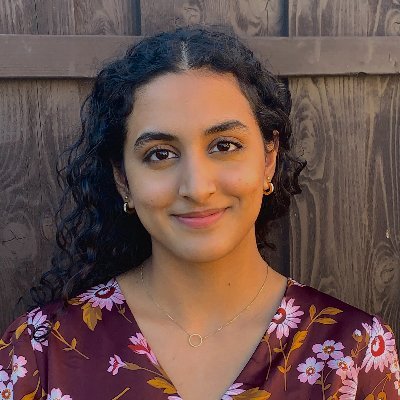
Anika Chebrolu
The pandemic was at its peak, and all of 14, Anika was busy working on drug discovery. She started with the influenza virus, about four years ago. She got the idea for drug discovery using computational methods and over time that progressed from an idea to an actual potential discovery. That’s when she signed up for the 3M Discovery Education Young Scientist Challenge. However, seeing the way the pandemic was altering the lives of people across the globe, she along with her mentor Dr Mahfuza Ali decided to shift the research from influenza to the SARS-CoV-2 virus. “I found a molecule from a database of 698 million compounds that can bind to the spike protein of the SARS-CoV 2 virus, and potentially change the function of the spike protein and inhibit the virus from infecting the cells,” she added.
Her discovery of a novel antiviral drug that can bind to the spike protein of the SARS-CoV-2 created ripples at a time when the world was looking for a solution. Still, in its initial stage, it has a long way to go before it can make it to the market. “Drug discovery is a long and tedious process, and we want to create the best drug with the best potential and with the least or no side effects. One of the first methods in medicine is to not harm the patient. Before we take the drug to the market, there are a lot of stages that we need to go through. It would be the next stage to see how it works on the human body,” the Independence High School student revealed.
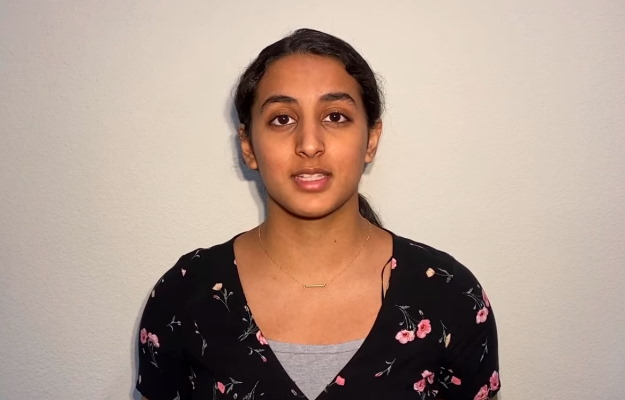

Having worked on the project at a time when the world was under lockdown, the Global Indian had to face her own set of challenges. Being just 14, age did come into play at times for her as people didn’t trust someone as young as her to be working on drug discovery. However, she continued being focussed on finding solutions. One of the biggest challenges was gaining access to the software as most of them have academic licenses or evaluation licenses, and this is where her mentor helped her, along with John Pastor from 3M, who is a computer specialist.
Anika, who wants to be a medical researcher and professor in the near future, began her journey in science at a young age. ” I was in six or seventh grade when I started looking at the world, and its problems and how I can use my knowledge of science to solve those problems,” said the teenager who says that age is just a number for anyone who is enough motivated to reach their goal.
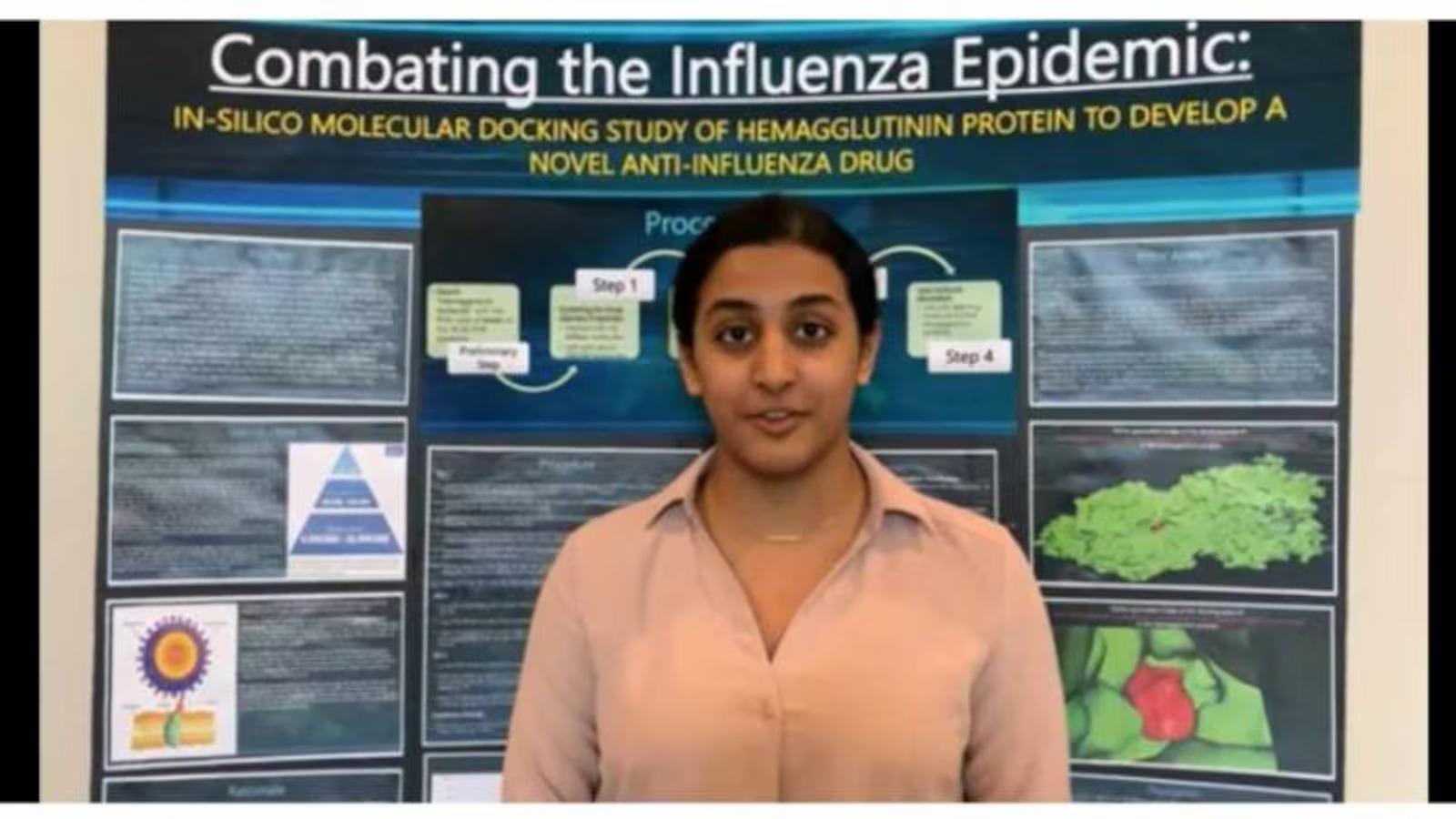

The Indian-American, who loves to paint and learn Bharatnatyam, has found a support system in her parents, friends, and mentors. Her advice to fellow young scientists is to “never underestimate yourself because you are special. You have that motivation and potential in you, so bring that out by asking questions and keeping your curiosity.”

